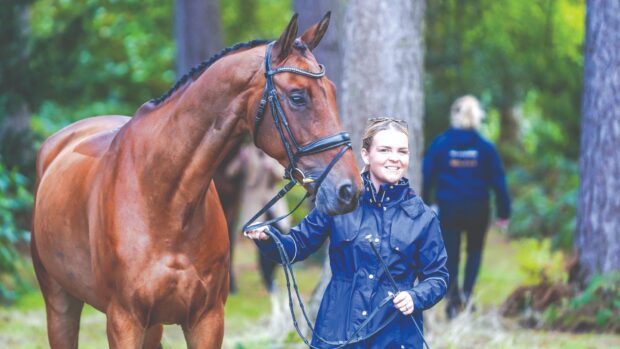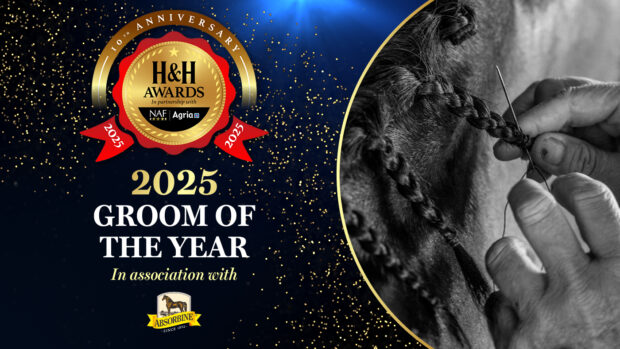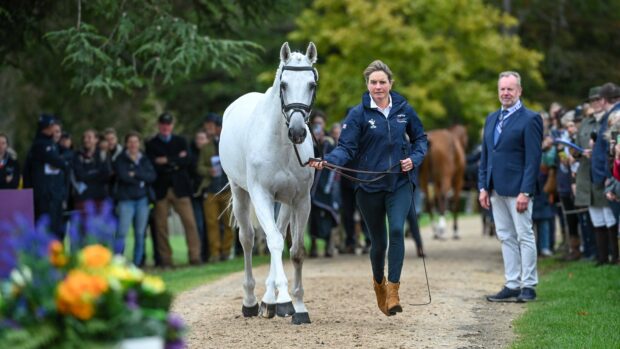More glamorous than mucking out and more exciting than cleaning tack — some of the more unusual ‘situations vacant’ can be the most rewarding if you’re lucky enough to land them.
Thomas Nielsen has one such job. Thomas has worked in the air transport business for 10 years and has his own company.
“In 1999, I became a full-time independent horse flight attendant. I was registered by the Animal Air Transport Association (AATA) and certified by National Proficiency Test Council (NPTC)/AATA,” he says. “I like to handle horses and travel, so it was the perfect niche for me. I also liked the fact that I didn’t know where in the world I would be the next week.”
Thomas founded Airhorse Ltd in January 2004 and still flies once a month as an attendant. According to him, a certified groom flying out of Europe could earn between £300 and £500 per flight, plus expenses.
“You could expect about four flights per month. But because of the way the horse industry works and the timing of all the auctions, more than 50% of the work is in the final four months of the year.”
To gain an NPTC/AATA groom’s certificate, you must have a minimum of three years’ full-time experience with horses and evidence of 10 flights accompanying horses within the past three years.
You apply with two letters of recommendation; a certificate from a licensed vet indicating you are competent to handle emergency treatment of minor abrasions, colic and stress or fever; a medical form; and a 10-year background police check.
For more information visit: www.aata-animaltransport.org
|
||
 |
||


 Get up to 19 issues FREE
Get up to 19 issues FREE TO SUBSCRIBE
TO SUBSCRIBE 


